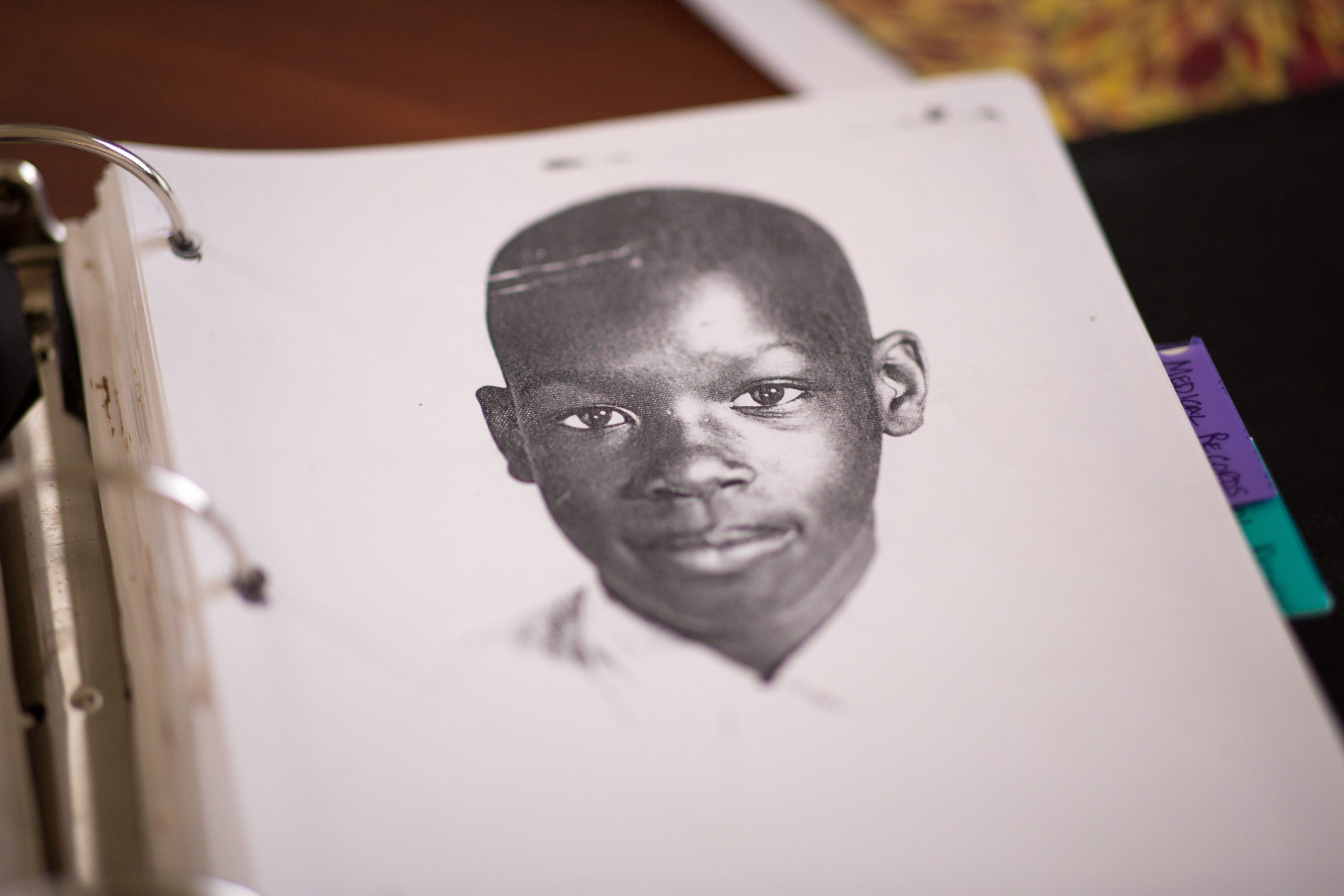
The Center for Death Penalty Litigation’s June 5 2020 Press Release:
The North Carolina Supreme Court today issued two landmark civil rights rulings on the Racial Justice Act, clearing the way for a much-needed review of racial discrimination in death penalty cases across the state.
The court decided 6-1 Friday that Rayford Burke and Andrew Ramseur, prisoners on North Carolina’s death row, were entitled to hearings where they can present evidence that prosecutors purposefully excluded African American citizens from their juries and that racism tainted their trials. The rulings also mean that death row prisoners across North Carolina who filed claims under the N.C. Racial Justice Act before its repeal in 2013 are entitled to present their evidence in court. The justices decided the case under the state constitution, so it cannot be appealed. [Read the full decisions: Ramseur and Burke.]
“This is a momentous decision that sends a clear message: Our state’s highest court will not allow North Carolina to ignore evidence that racism has infected the death penalty,” said CDPL Executive Director Gretchen M. Engel. “This was also an urgently needed decision as our state and our nation confront a long history of racism. The death penalty is the apex of a criminal legal system that has failed people of color.”
The court has not yet decided the cases of four other RJA defendants, Marcus Robinson, Quintel Augustine, Christina Walters, and Tilmon Golphin, who initially won their cases but saw them overturned on appeal.
The ruling comes just days after Chief Justice Cheri Beasley responded to protests against police violence with a candid admission that North Carolina’s courts have helped perpetuate racial disparities. “We must come together to firmly and loudly commit to the declaration that all people are created equal, and we must do more than just speak that truth,” Beasley said. “We must live it every day in our courtrooms.”
Justice Anita Earls authored the decision, and affirmed that it was about more than two individual defendants. She wrote that “the harm from racial discrimination in criminal cases is not limited to an individual defendant, but rather it undermines the integrity of our judicial system and extends to society as a whole.”
At oral arguments in August, Burke and Ramseur presented stark evidence. Both are black men convicted by all-white juries in Iredell County. Prosecutors at Burke’s trial referred to him during closing arguments as a “big black bull.” Ramseur’s trial was shadowed by widespread threats of lynching, and the judge and sheriff forced his family to sit in the back of the courtroom while the white family of the victim sat in front.
“This decision is built on basic fairness,” said Don Beskind, a Durham attorney and Duke Law professor involved in the litigation. “The evidence in these death penalty cases was stark and undeniable. The very least we can do is allow it to be heard in court. Even our most conservative U.S. Supreme Court justices, most recently Justice Kavanaugh, have said that race discrimination in jury selection is a serious long-standing problem that courts must address.”
Burke and Ramseur, like most of the people on North Carolina’s death row, first presented this evidence shortly after the N.C. legislature created the Racial Justice Act, which allowed death-sentenced people to bring forward evidence of racism in their trials. Those who could prove that race was a significant factor in their sentences would be resentenced to life in prison without parole. The law’s passage marked the first time a death penalty state allowed for a systematic review of racial bias in capital cases.
A statistical study commissioned as a result of the RJA found overwhelming evidence that, in scores of North Carolina capital cases over two decades, prosecutors illegally struck black jurors because of their race. And death row prisoners across North Carolina unearthed disturbing evidence of racism in their trials that had never before been examined by the courts.
However, in 2013, after the first four RJA defendants won their cases, a new legislature repealed the RJA. This same legislature was found by the U.S. Supreme Court to have enacted racially discriminatory voting laws. The RJA repeal legislation sought to invalidate all pending cases and prevent any court review of the evidence of bias that was uncovered. In its decision today, the Supreme Court rejected that gambit, saying that the evidence of rampant discrimination against black North Carolinians was too troubling to ignore.
Friday’s ruling was based on the precedent of State v. Keith, an 1869 case in which the N.C. Supreme Court ruled that a Confederate soldier charged with war crimes was protected by a post-Civil War amnesty law and could not be prosecuted, even though the amnesty law had since been repealed. The death row prisoners argued that if the Constitution protects Confederate war criminals, it must also protect their right to present evidence of race discrimination against black jurors even after the repeal of the Racial Justice Act.
“In light of decades, if not centuries, of mistreatment and brutalization of black citizens at the hands of America’s criminal system, today’s decision to take the death penalty off the table when there is evidence of racial bias is just one small but important step toward achieving the broad-based reform needed in North Carolina, and across the country,” said Henderson Hill, a prominent ACLU attorney who represents RJA defendants. “It’s something to celebrate, but also a reminder that we must keep working for justice.”
ADDITIONAL BACKGROUND:
Go here for more detail on the Racial Justice Act.
Read Bryan Stevenson’s op-ed on the importance of the Racial Justice Act.
—-
See post on NCCADP’s Racial Bias page regarding Mr. Ramseur and a recent poem written by Mr. Burke in honor of Covid-19 first responders.
